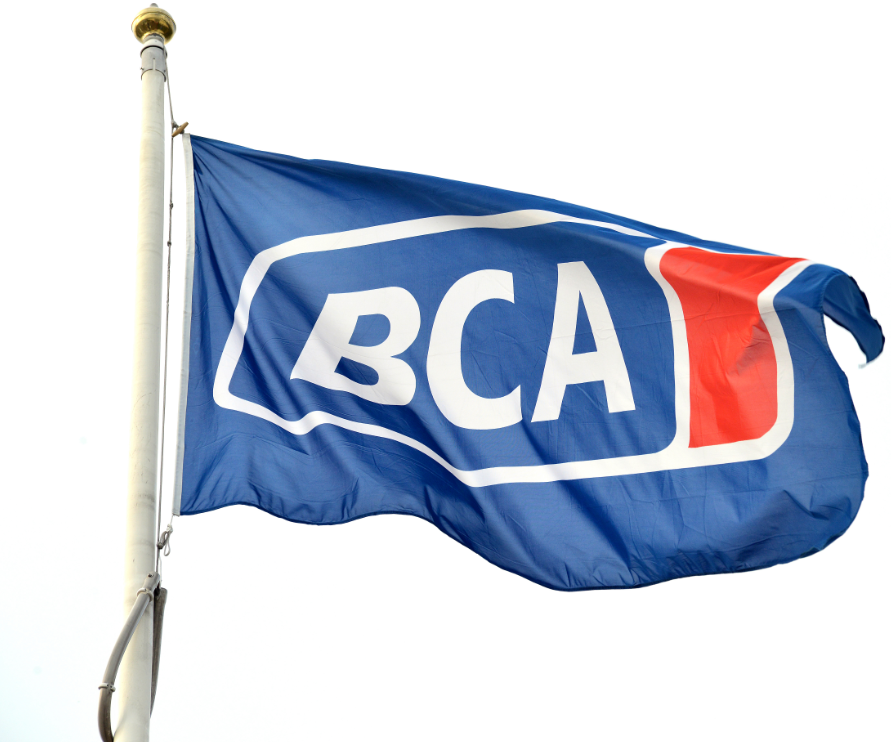 When the
When the
Bribery Act 2010 (the Act) comes into force in April 2011, motor
finance companies, their directors, managers and senior officers
need to be aware of the penalties for failing to implement adequate
procedures to prevent bribery. They could be hit with an unlimited
fine and, in the case of individuals who consent to or connive in
bribery, a prison sentence of up to 10 years.
The Act, which sets out a
comprehensive anti-bribery code, will affect all organisations that
carry on business in the UK. It brings in criminal offences of:
- Bribing another
person; - Being bribed – either
directly or through a third party, and whether for the benefit of
the person being bribed or another person; - Bribing a foreign public
official for a business advantage; and - Failure of a commercial
organisation to prevent bribery by a person associated with it, ie,
an employee, agent or subsidiary. This is a strict liability
offence.
The courts will have jurisdiction
if the offence takes place in the UK, or outside the UK if the
person’s act would amount to an offence in the UK and the person
has a close connection with the UK, ie, a British passport holder
or a company incorporated in the UK.
There is a defence, however, if the
organisation has “adequate procedures” in place to prevent bribery
being committed. The Ministry of Justice has issued draft guidance
in the form of six key principles outlining what adequate
procedures might be:
- Risk assessment: knowing and
keeping up to date with the bribery risks in the particular sector
or market; - Top-level commitment:
establishing a culture in the organisation in which bribery is
unacceptable and ensuring staff and business partners are clear on
this; - Due diligence: knowing who
you do business with, where funds are going and seeking reciprocal
anti-bribery agreements; - Clear, practical and
accessible policies and procedures: to cover political and
charitable donations, gifts and hospitality and how to respond to
facilitation demands or allegations of bribery; - Effective implementation: to
ensure anti-bribery policies are embedded in the organisation at
all levels; - Monitoring and review: to
include auditing and financial controls, and regular reviews of
policy and procedure
The guidance is advisory only. It
is not intended to be prescriptive but is based on principles of
good compliance that apply to all organisations whatever their size
or business sector. A consultation seeking feedback on the guidance
has just closed and some amendments may be made before the guidance
is published in early 2011.
How well do you really know your competitors?
Access the most comprehensive Company Profiles on the market, powered by GlobalData. Save hours of research. Gain competitive edge.

Thank you!
Your download email will arrive shortly
Not ready to buy yet? Download a free sample
We are confident about the unique quality of our Company Profiles. However, we want you to make the most beneficial decision for your business, so we offer a free sample that you can download by submitting the below form
By GlobalDataComment
The anti-bribery procedures to be
implemented will differ according to the size and business of the
organisation.
A good, tailored, compliance
programme will reduce the risk of bribery and may also provide a
defence where bribery has taken place by rogue employees, despite
the best efforts of the organisation.
If your finance company does not
yet have an anti-bribery compliance programme in place, serious
consideration should be given to undertaking a rigorous
self-assessment and implementing adequate procedures that are
relevant and appropriate to your business as soon as possible.
The author is a partner in
Wragge & Co’s finance, insolvency, recoveries and sales
team







